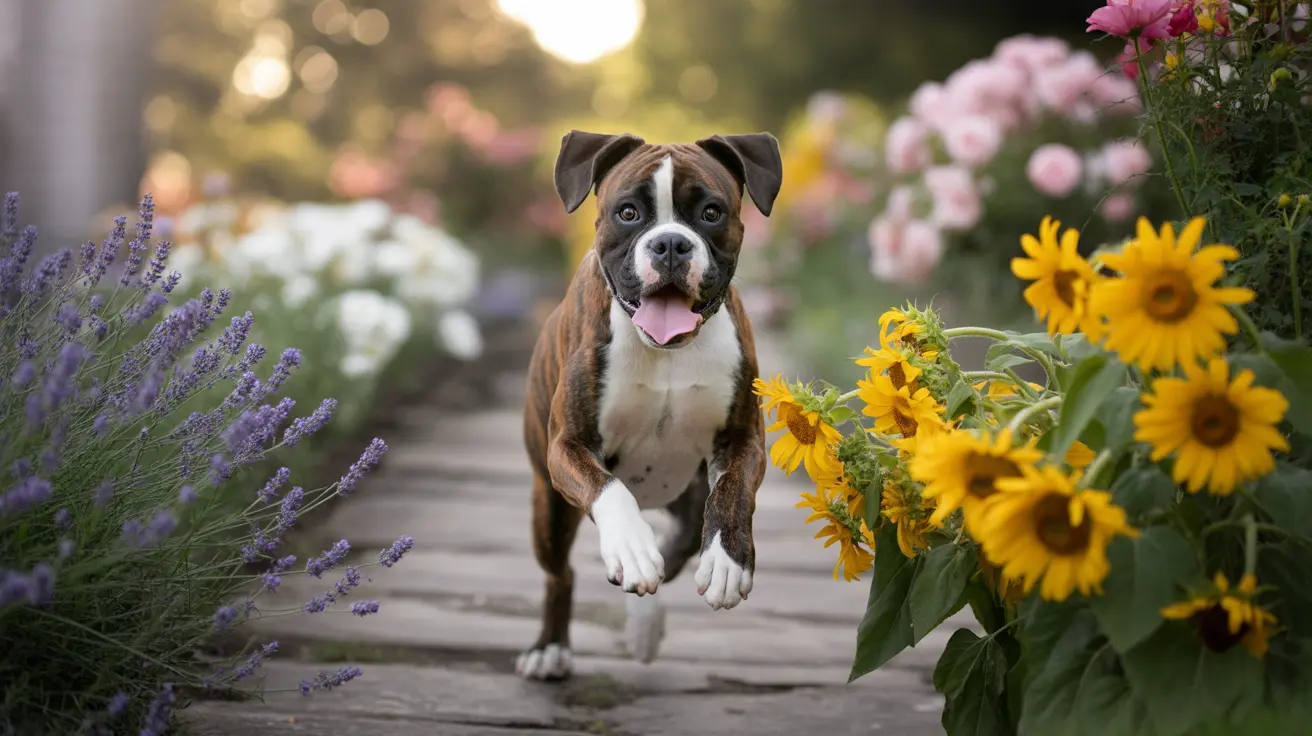Just like humans, dogs experience complex dreams during their sleep cycles. Many pet owners have witnessed their furry friends twitching, whimpering, or even barking while sleeping, leading them to wonder: do dogs have nightmares? Scientific research confirms that dogs indeed experience both pleasant dreams and nightmares, though their dream content differs from human dream experiences.
Understanding your dog's sleep patterns and recognizing the signs of nightmares can help you better support your pet's emotional well-being. Let's explore the fascinating world of canine dreams and discover what science tells us about dogs' nighttime experiences.
Can Dogs Have Nightmares? The Science Behind Dog Dreams
Research confirms that dogs experience similar sleep stages to humans, including REM (Rapid Eye Movement) sleep, where most dreaming occurs. During REM sleep, dogs' brains show activity patterns remarkably similar to humans, suggesting they process daily experiences and emotions through dreams.
Studies conducted at prestigious institutions like MIT have demonstrated that dogs replay their daily activities during sleep, much like humans do. The part of the brain responsible for preventing physical movement during sleep (the pons) functions differently in dogs, which explains why we often see them twitching or moving while dreaming.
What Do Dogs Have Nightmares About?
Unlike human nightmares that might involve complex scenarios or imaginary threats, dogs' nightmares typically revolve around real-life experiences that have caused them stress or anxiety. These could include:
- Negative experiences at the veterinarian
- Encounters with aggressive dogs
- Loud noises like thunderstorms or fireworks
- Separation anxiety episodes
- Stressful social situations
While dogs don't create elaborate fantasy scenarios, their nightmares can be just as emotionally intense as human ones, reflecting their genuine fears and concerns from daily life.
How to Identify and Respond to Dog Nightmares
Dogs experiencing nightmares may display various physical signs during sleep. Common indicators include:
- Whimpering or crying sounds
- Growling or barking
- Twitching or jerking movements
- Rapid breathing
- Sudden awakening with signs of distress
It's important to create a safe, comfortable sleeping environment for your dog and establish consistent bedtime routines to minimize the likelihood of nightmares. If your dog frequently experiences disturbing dreams, consider consulting with a veterinarian to rule out underlying health issues.
Frequently Asked Questions
What are the signs my dog is having a nightmare?
Common signs include whimpering, growling, twitching, rapid breathing, and sudden movements during sleep. Your dog might also wake up suddenly appearing distressed or disoriented.
Should I wake my dog up from a nightmare or let them sleep?
Generally, it's best not to wake a dog during a nightmare as they might be disoriented and react defensively. If you must wake them, use a gentle voice and avoid touching them directly.
What do dogs have nightmares about, and are they based on real experiences?
Dogs typically have nightmares about real-life stressful experiences such as visits to the vet, loud noises, or negative encounters with other animals. Their dreams are usually based on actual events rather than imaginary scenarios.
Can puppies or older dogs have more nightmares than adult dogs?
Yes, puppies and senior dogs often experience more visible dream activity due to their less developed or less efficient sleep regulation systems. This can make their nightmares appear more frequent or intense.
How can I help my dog if they frequently have nightmares or sleep disturbances?
Establish a consistent bedtime routine, create a calm sleeping environment, and ensure your dog gets adequate exercise and mental stimulation during the day. If nightmares persist, consult with your veterinarian to rule out underlying health issues.
Conclusion
While dog nightmares are a natural part of canine sleep patterns, understanding their causes and knowing how to respond appropriately can help ensure your pet gets restful sleep. By creating a supportive environment and maintaining consistent routines, you can help minimize your dog's sleep disturbances and promote better overall well-being.






